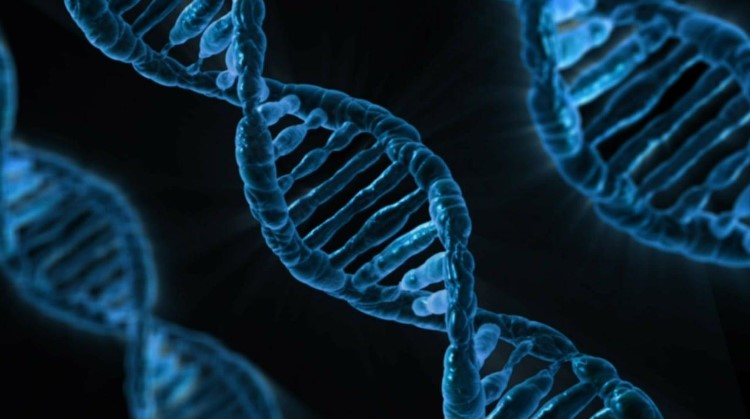Establishing paternity is often crucial in enforcing child support or maintaining a child’s connection to their family history, even when the presumed father is unavailable. The good news is that DNA testing can still be carried out in such situations. Alternative sources of DNA, such as a paternal grandparent, a known child of the alleged father, or a full sibling, can be utilised for indirect testing. This method, known as avuncular, sibling, or grandparentage testing, can strongly indicate paternity. Products like the paternity test by dnacenter.com offer a range of family reconstruction tests that can be used when the alleged father is unavailable. While these tests may not be as conclusive as a direct paternity test, they often provide sufficient evidence to establish a high likelihood of paternity.

Who can provide a DNA sample?
In paternity testing, when the alleged father is unavailable, various individuals can provide a DNA sample due to their biological relationship with the child. Grandparents, for instance, share 25% of their DNA with their grandchildren, making them viable candidates. Similarly, a full sibling of the child or a known child of the alleged father can provide DNA samples as they share half of their genetic material. However, not all biological relatives can effectively contribute. Although biologically related to the child, an aunt or an uncle from the mother’s side would not help establish the paternal lineage as their DNA does not reflect the alleged father’s genetic contribution. Similarly, cousins, whether paternal or maternal, are usually not suitable for these tests due to the diluted genetic connection. Only those who carry relevant genetic markers from the alleged father can effectively in DNA testing for paternity.
Legal implications of a paternity test without a father
Paternity testing without the alleged father can carry significant legal implications. For one, if a family member is reluctant to provide a DNA sample for the test, a court order can mandate their cooperation under certain circumstances. The child can access various rights and benefits once paternity is established through these indirect methods. For instance, they might be entitled to inheritance rights from the paternal family. In addition, they may gain access to social security benefits, veterans’ benefits, or insurance claims, depending on the father’s circumstances. It can also ensure the child’s right to know their medical history on the paternal side, which could be crucial in predicting or managing potential health risks. However, it’s vital to remember that these tests should be conducted with a reputable provider, ensuring legal admissibility to guarantee that the results can be used in a court of law to enforce these rights.
